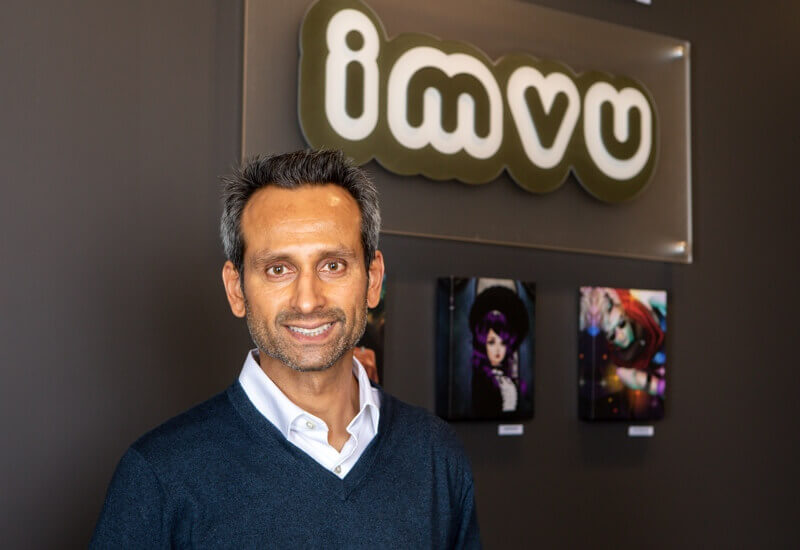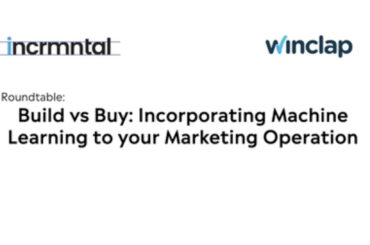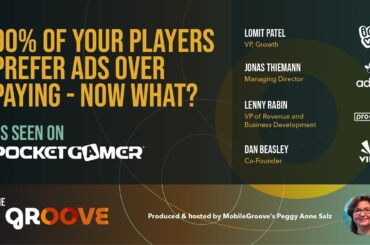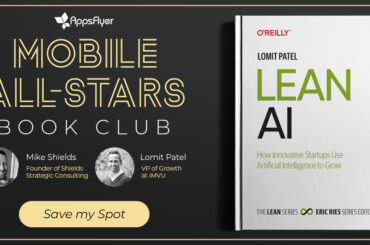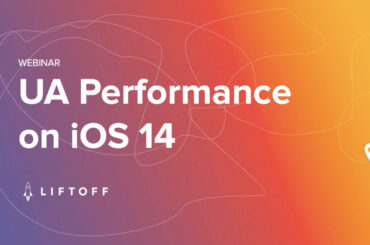Mobile Growth Summit 2018 – the largest mobile marketing growth conference will kick off next week in SF, California. The two-day event, on 7 -8 February, would witness a footfall of 1000+ mobile marketers from more than 600 diversified business groups. To demonstrate how business leaders see next-gen technologies in mobile marketing in 2018, we spoke to a bunch of CEOs, Marketing Executives, Product Officers and Mobile Growth-Hackers.
We spoke to Lomit Patel, VP, Growth, IMVU, to understand the nuances of mobile customer acquisition.
Tell us about your role at IMVU and the technology you handle.
I head up the Growth team at IMVU, which is responsible for driving user acquisition, retention and monetization across all platforms (iOS, Android, and Web). We utilize the following technology to drive mobile growth, including: Appsflyer (attribution); Tableau (data analytics); Leanplum (CRM and A/B testing); Sensor Tower (App Store Optimization) and Ad publisher/networks (Facebook, Google, Liftoff, etc.).
What brings you to the Mobile Growth Summit 2018? What part of the conference would you keenly follow?
I’m really looking forward to going to the Mobile Growth Summit to network, as well as share and learn about any new growth hacks. I’m keen to follow the sessions on the topics like ad fraud, audience engagement, and attribution models.
What marketing lessons would you like to re-evaluate at the Mobile Growth Summit 2018?When it comes to mobile growth, there are a few key areas practitioners should delve deeper and revaluate.
When it comes to mobile growth, there are a few key areas practitioners should delve deeper and revaluate.
Personally, I would like to re-evaluate the following marketing lessons at MGS:
- Better understanding the customer journey across devices
- Fraud definition and better alignment across the industry to fight it
- New AI/ML capabilities coming from different Martech partners
- Creative best practices and format trends to watch
How do you see modern tech marketers re-aligning their efforts to deliver mobile-centric experiences?
IMVU’s growth in the last few years comes predominantly from our mobile experience (iOS and Android) because we are able to solve how to make an immersive and engaging experience just as fun and engaging on mobile, as it is on the desktop.
At IMVU, we re-align the majority of our company resources into delivering a mobile-centric app experience by removing silos around different teams to ensure everyone was focused on unified business goals to embrace IMVU becoming a mobile-first business. We are very transparent about measuring and communicating business goals as well sharing user research, app rating & reviews to ensure everyone is aligned on delivering the best mobile-centric experiences.
What are the major pain points in a contemporary mobile customer acquisition strategy? How does IMVU enable customers to overcome these?
The major pain points in a contemporary mobile customer acquisition strategy are:
- Data aggregation and discrepancies of all user acquisition activity
- Identifying the optimal attribution methodology to measure success
- Fraud definition and alignment across MMP and partners
- Finding quality users at scale outside of Facebook/Google
- Reducing friction in the user path to purchase
- Poor retention rates with most new users becoming inactive
At IMVU, we enable customers to overcome this starting with quantitative and qualitative research data to help run A/B testing across user flows, campaigns and creative, customized re-engagement campaigns, and leveraging AI & ML technology to optimize performance, attribution and reduce fraud.
I can see AI/ML driven technologies in 2018 will vastly improve deeper personalization and an enhanced view of the customer journey for mobile marketing.
This article first appeared on MARTECHSERIES.

